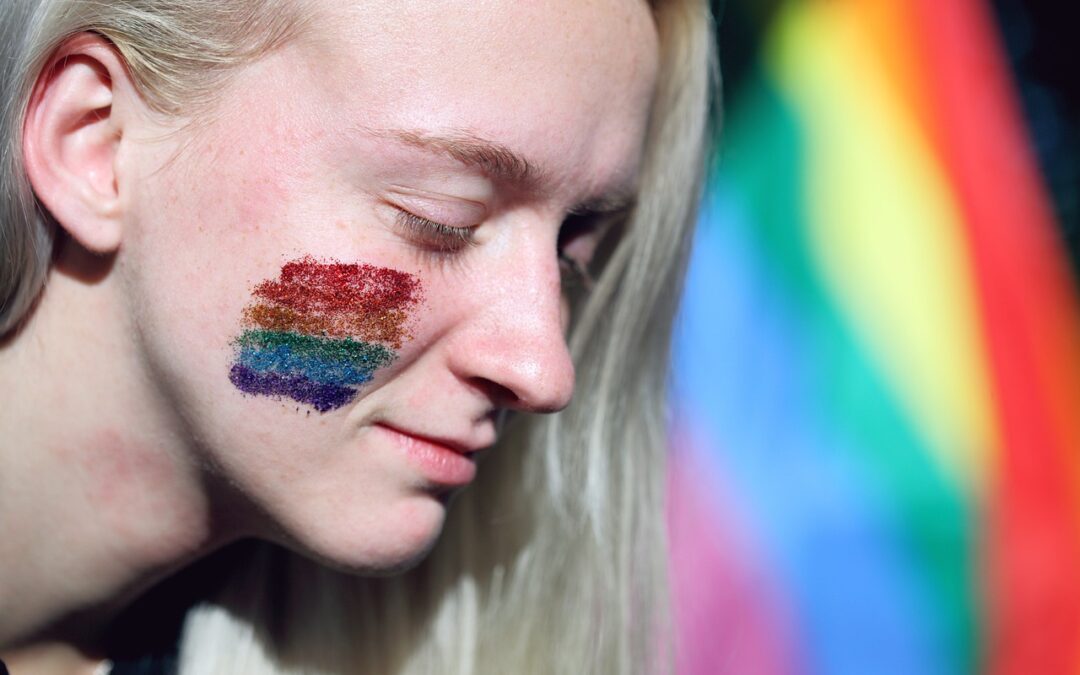The Australian LGBTQIA+ community experience mental illness at a rate two to four times higher than the broader population, according to data from the Australian Bureau of Statistics (ABS).
The 2020-2022 National Study of Mental Health and Wellbeing found three in four (74.5 per cent) of people in the queer community have been diagnosed with a mental disorder at some time in their life – compared with 41.7 per cent of heterosexual Australians.
This is the first time the ABS has collected data on the mental health of LGBTQIA+ Australians.
LGBTIQ+ Health Australia CEO Nicky Bath said the high rate of mental ill health in the queer community is the consequence of limited gender and sexuality support services
“These adverse mental health outcomes relate directly to the stigma, prejudice, discrimination, and abuse that LGBTQ+ people have experienced and continue to experience,” Ms Bath said.
“These results highlight the need to foster protective factors that promote mental health and wellbeing – such as creating a sense of belonging, establishing support networks and relationships, and ensuring access to gender affirming health care for trans and gender diverse people.”
UOW Allsorts Queer Collective Co-Convener Bee Kent agreed with Ms Bath.
“I’m of strong belief that the constant and very real fears that come with being LGBTQIA+ can lead people mentally down some dark paths,” Mx Kent said.
“It’s really important that no matter how far into their journey of queerness, that people have support networks – which is why, beyond broader social issues, All Sorts exists.”
It is estimated that 42.9 per cent of all LGBTQIA+ people have high or very high levels of psychological distress, compared with one in seven heterosexual people (15.4 per cent).
Almost half (47.8 per cent) of all LGBTQIA+ people had seriously thought about taking their own life at some point during their lifetime.
Mx Kent said mental health struggles are common in UOW LGBTQIA+ students.
“I haven’t actually met anyone so far that hasn’t struggled with their mental health in the UOW campus,” Mx Kent said.
“While it can feel disheartening it’s almost comforting as someone who struggles myself that I’m not alone.
“That’s really the most important thing, reminding each other that no matter how different our identities are, we aren’t alone.
“Because being queer is very lonely and that can damage a lot of people.”
Ms Bath said more needs to be done nationally to support the LGBTQIA+ community.
“There is so much more we need to know to develop targeted and effective responses to support people experiencing poor mental health,” Ms Bath said.
“With the development of the 10 Year National LGBTQIA+ Health and Wellbeing Action Plan underway, this data can provide much needed critical insights to inform the plan.”
Additional research by Eleanor Bailey

